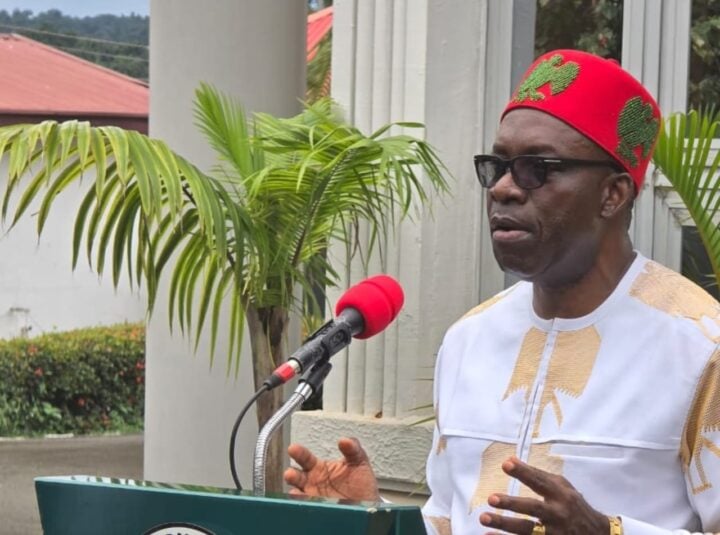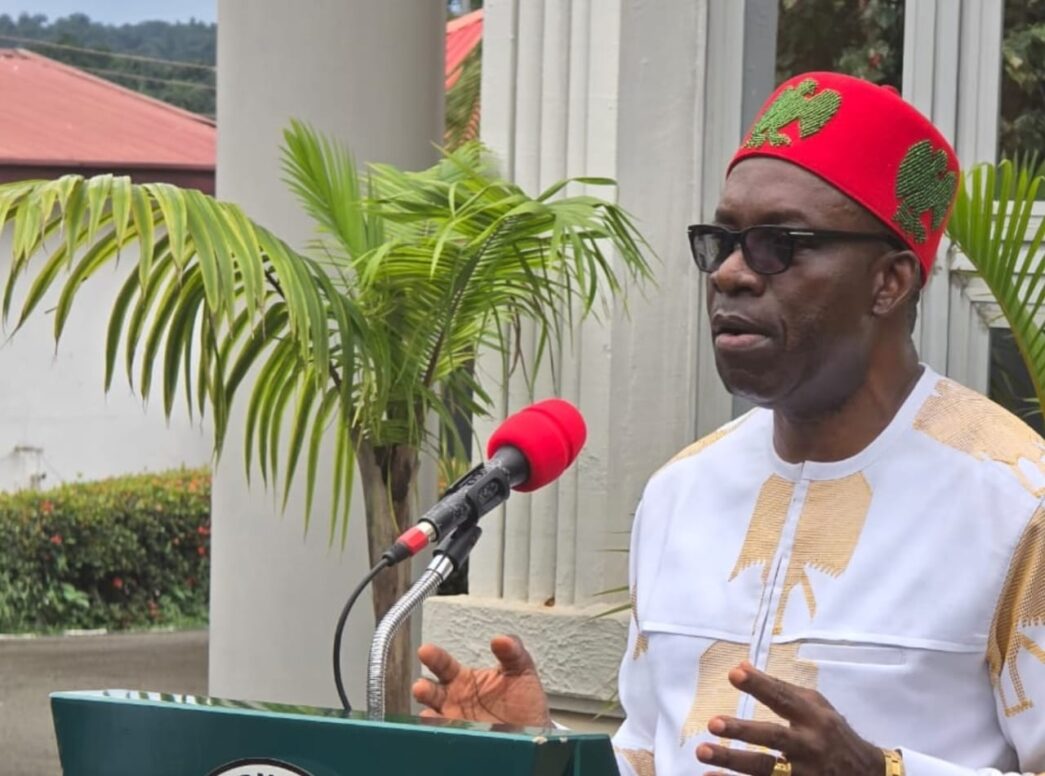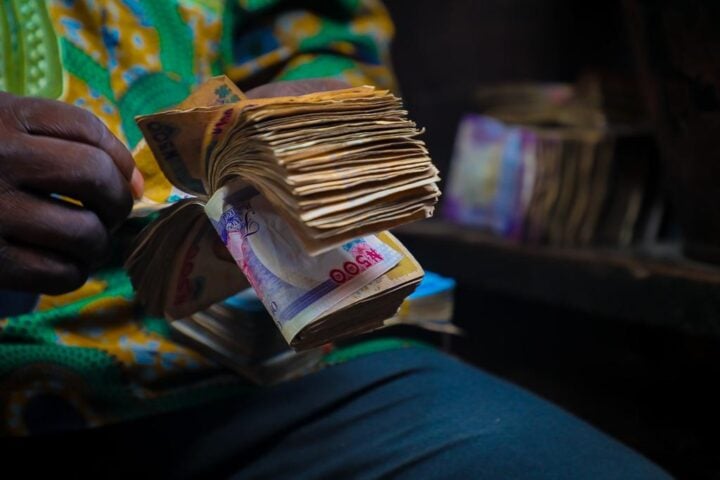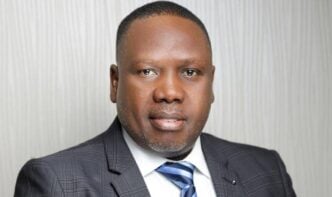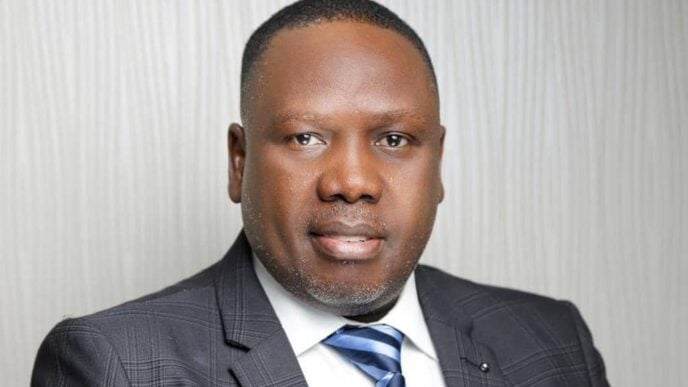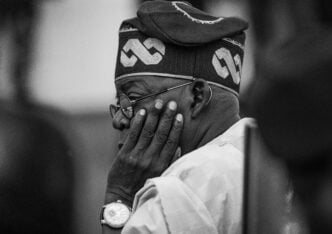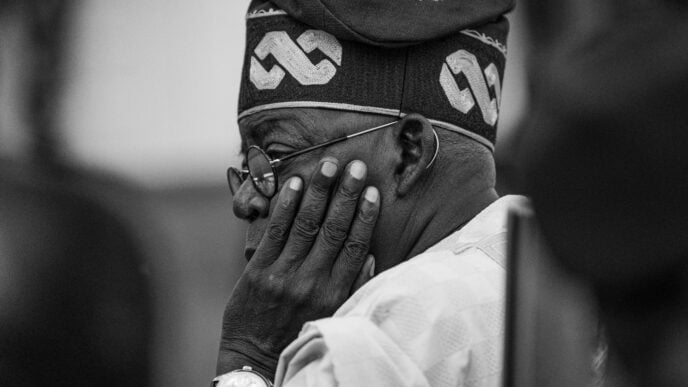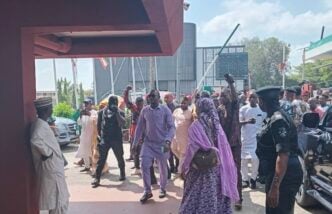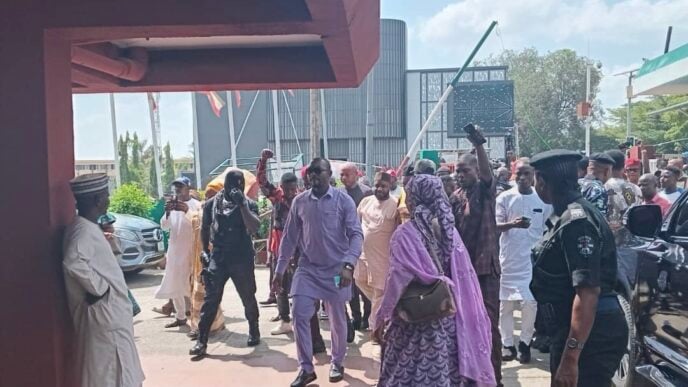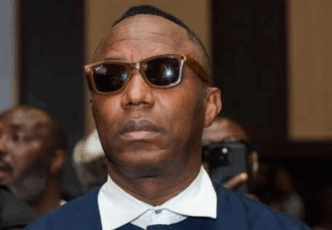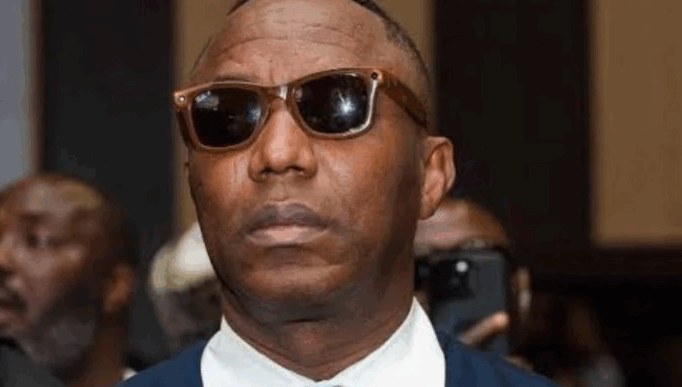Chukwuma Soludo
Chukwuma Soludo, governor of Anambra, says Nigeria’s security challenges are more complex than a Christian versus Muslim conflict.
Speaking during a media chat on Sunday, Soludo said President Donald Trump’s threat to “protect Christians in Nigeria” oversimplifies the issues.
He said while the US has the right to hold opinions on global matters, any form of intervention must respect international law and Nigeria’s sovereignty.
“As a country, America has its own rights to have its own views about what is going on elsewhere,” he said.
Advertisement
“But when it comes to what it does, I am sure it must also act within the realm of international law.”
The governor said the Nigerian government should engage in a “deeper conversation” to address the concerns raised, adding that facts must be properly presented.
According to Soludo, most of the killings in the south-east are not driven by religion but by internal conflicts.
Advertisement
“People are killing themselves — Christians killing Christians,” he said.
“The people in the bushes are Emmanuel, Peter, John — all Christian names — and they have maimed and killed thousands of our youths. It has nothing to do with religion.”
He said if Nigeria were to seek foreign assistance, it should be through formal requests for military support, technology, or hardware, not external threats.
Soludo dismissed any talk of invasion, saying the same logic would be absurd if African nations threatened to invade the US over racial violence.
Advertisement
“You had policemen killing some blacks… I remember the #BlackLivesMatter protest, and somebody would say maybe Africa should go and invade America because blacks are being killed? I’m not quite sure,” he said.
He added that national dialogue is the best path forward.
“I think there is a need for deeper conversation,” he said.
“It must end in conversation, and I am sure the government of Nigeria will respond very robustly. Nigeria is such a big country, and the government is doing a whole lot to safeguard it.”
Advertisement
Soludo, who is seeking re-election next Saturday, noted that the south-east is predominantly Christian and that the crisis in the region should not be mischaracterised.
“In this part of the country, we are 95 percent Christian,” he said.
Advertisement
“The people in the bushes killing others bear Christian names; it is wider than the categorisation of Christians and Muslims. Nigeria will overcome, and it will end in conversation.”
BACKGROUND
Advertisement
On Friday, Trump redesignated Nigeria as a “country of particular concern” over claims of Christian genocide in the country.
Hours later, Trump threatened that the “USA will immediately stop all aid and assistance to Nigeria, and may very well go into that now disgraced country ‘guns-a-blazing’, to completely wipe out the Islamic Terrorists killing Christians”.
Advertisement
Subsequently, Pete Hegseth, US secretary of war, said his department is preparing for possible military action if the Nigerian government fails to end the “killing of innocent Christians” in the country.
A handful of right-wing US lawmakers, led by Ted Cruz, the senator from Texas, have repeatedly claimed that Christians are facing persecution in Nigeria.
In October, Cruz proposed the ‘Nigeria Religious Freedom Accountability Act of 2025’, a legislation which seeks to hold Nigerian government officials accountable for “facilitating the mass murder of Christians”.
The proposed bill also calls for “targeted sanctions against Nigerian officials who enforce Sharia and blasphemy laws”.
Cruz introduced the bill in early September, just weeks before Trump signed a memo labelling views leaning towards anti-Americanism, anti-capitalism, and anti-Christianity as domestic terrorism.
Black Lives Matter is a decentralised political and social movement that aims to highlight racism, discrimination and racial inequality experienced by black people, and to promote anti-racism.
Its primary concerns are police brutality and racially motivated violence against black people.
During the summer of 2020, upwards of 26 million people protested in the US against police brutality and racial injustice.
Rallies also spread across the globe, with some 93 countries and territories participating in the uprisings.
